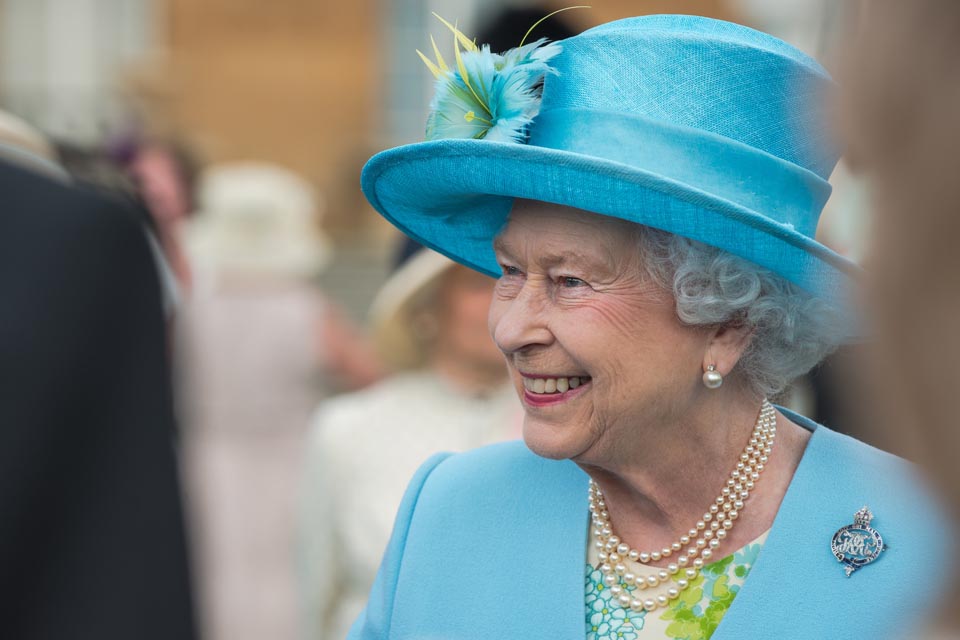As much a matriarch as a monarch, the queen’s passing raises significant questions about the future of Britain.
Queen Elizabeth II, after wearing the British crown for an unprecedented 70 years, has laid it down a final time.
Millions watched her assume the throne in 1953—the first televised coronation—and the vast majority of Britons have seen it held by no one else. My own mother, 70 years old this April, is among them. Throughout her life, and the lives of generations of Brits, Britain’s national identity has been inextricably tied to a woman who represented the last vestige of an imperial era.
Praise flows; tears fall; a nation reels.
But beneath that grief, tinged with nostalgia and something approaching reverence, something darker lurks. As paradoxical as it may seem, the demise of this iconic head of state, the figurehead of modern monarchy, is a dagger to the heart of civil society. Without her, the stability and fraternity on which a healthy civil society is built is in grave danger.
At her coronation, Queen Elizabeth II became the ruler of a people still basking in the crepuscular glow of victory over the Axis powers. She ascended the throne at a moment of national unity. The British people had bested a shared enemy through their allegiance not just to their country, but to one another.
This may be a rosy view of history (as I say, tinged with nostalgia), but few would contest the fact that the ties that bind the British people together loosened during the queen’s seventy years in Buckingham Palace. Loosened, in fact, nearly to the point of dissolution.
The queen’s reign spanned the systematic disassembly of the British Empire. She saw Britain gradually recede from its status as global juggernaut. And, in recent years, she watched—doubtless with distress—as the very existence of the United Kingdom came under attack. Before the Scottish vote over independence, she maintained her political neutrality but asked Scots to “think very carefully about the future.”
Think very carefully about the future . . . words that Queen Elizabeth II hewed to over the past seventy years. In an increasingly fractious world, she—improbably—held her country together. She brought her subjects with her, day after day, into a future where they were countrymen, not combatants.
And now, that stable future is in grave danger. The loss of the queen has left a vacuum—and the forces waiting to fill it do not look to be friendly to a flourishing civil society. Politicians are at one another’s throats, countries are riven by political polarization, citizens spew venom at one another.
This chaos is antithetical to everything Queen Elizabeth II represented for her people. By religiously keeping the Crown out of politics, she became a polestar, someone Britons of every political stripe could turn to with admiration. As hackneyed as it might sound, her silence amid today’s clangor spoke loudly of the union that undergirds British greatness and resonates—or should resonate—somewhere deep in the heart of every Brit.
That’s where fear creeps in. What if, without Her Highness, things do finally fall apart? What if, when the queen passed, the British people lost the figure that held them together?
My mum, though a longtime ex-pat, never lost her allegiance to the queen—she is English to her core. In forty years, her love of her native land has never waned.
And now that very identity is threatened. The queen centered her life on building voluntary associations, on strengthening and sustaining the country she loved. It began with her coming-of-age speech, all the way back in 1952: “I declare before you all that my whole life, whether it be short or long, shall be devoted to the service of our great imperial family to which we all belong.”
The queen’s life was long, it turned out, and she was perhaps just as much a matriarch as a monarch to the British family. What every Briton should hope is that without her at the helm, the British family to which they each belong will not fall apart.




